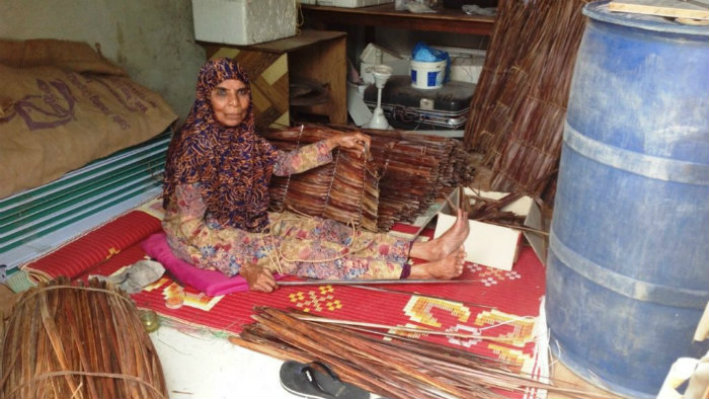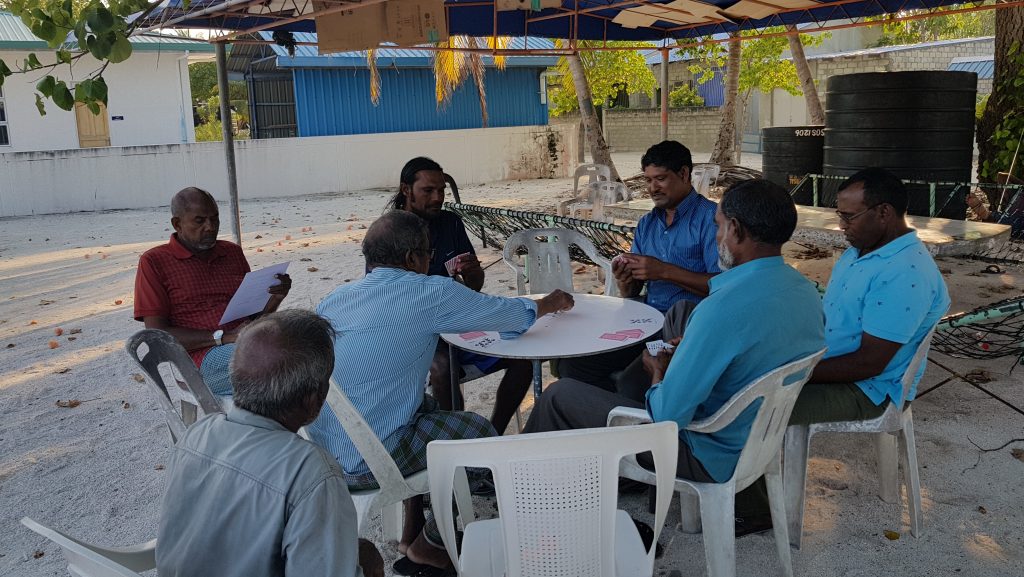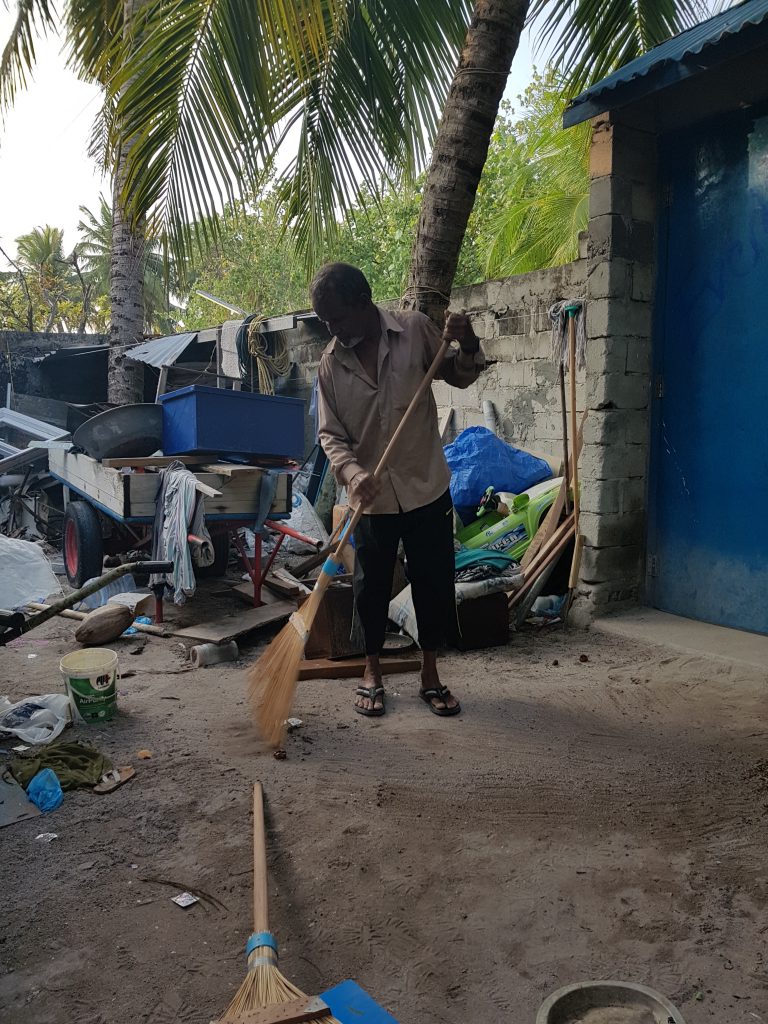Everyday lives and practices

Much research on the environment tries to understand broad forces of change within fields such as climate and sustainability sciences. These are commonly future-oriented areas of research, dealing with medium- to long-term futures.
In contrast, the everyday – which concerns the routinised ways in which individuals and groups organise themselves on a daily basis – is often overlooked or seen as irrelevant.

However, understanding the everyday, as something central to human experience, is also important to understanding environmental change. This is because people’s day-to-day lives, rather than playing out separately from the physical environment, are in fact intimately connected to it in multiple and complex ways. Thus, we see everyday practices as ongoing compositions of human and the ‘natural’ consisting of materials, artefacts, symbols, meanings and representations, and embodied routines.

We are utilising a number of innovative textual and visual methods for documenting insights into everyday practice. Drawing on approaches developed in a variety of disciplines, notably anthropology, geography and sociology, that focus attention on everyday life, we aim to go beyond the often ‘thin’ and ‘tokenistic’ participatory research common in development policy research to provide a deeper account of the day-to-day.

